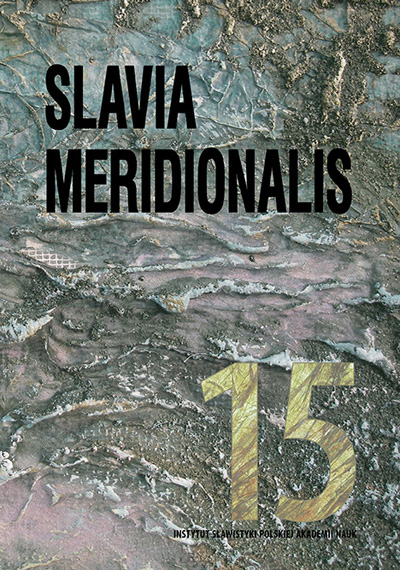Strategie tłumaczy wobec zjawiska obcości kulturowej w przekładach dwudziestowiecznej prozy nowogreckiej na język polski
Translation strategies in the face of cultural specificity of the 20th century Modern Greek prose translated into Polish
Author(s): Natalia JędraszakSubject(s): Language and Literature Studies, Translation Studies
Published by: Instytut Slawistyki Polskiej Akademii Nauk
Keywords: translation strategies; cultural specificity; domestication; foreignization
Summary/Abstract: According to Werner Koller, there are two main types of translations of texts which are connected to literature and culture. These types are adaptation and transfer. Adaptation is a result of using a translation strategy called domestication which consists in removing from the text all the elements which may seem odd or strange to the target reader and replacing them by some well-known units of the target culture. Transfer is a result of using a strategy called foreignization, that is of introducing to the target text some units characteristic of the source culture which may raise connotations of strangeness and foreignness. The choice of the strategy lies with the translator and depends on his vision of the target reader. The aim of this paper is to analyze translations of three Modern Greek novels into Polish with special attention paid to solutions chosen by the translators in the face of two main translation problems which are results of cultural specificity of the text: lexical problems and allusions to some historical, cultural and social facts as well as to the information these solutions provide on the translators’ vision of the target reader.
Journal: Slavia Meridionalis
- Issue Year: 2015
- Issue No: 15
- Page Range: 274-287
- Page Count: 14
- Language: Polish

